English Civil War
About this Collection
The English Civil War (1642 -1660) pitted supporters of Parliament against the Crown. The period includes the trial and execution of Charles I, the replacement of the monarchy with the Commonwealth of England (1649-1653), the rise of Oliver Cromwell to a virtual military dictatorship, and the eventual restoration of the monarchy. The ultimate outcome of the Revolution was the discrediting of the the divine right of kings and the beginnings of parliamentary sovereignty and constitutional monarchy.
For additional reading see our collection of Key Documents.
Key People
Titles & Essays
Quotes
Law
John Lilburne argues from prison that the King and the Magistrate must obey the law like everyone else (1648)
Presidents, Kings, Tyrants, & Despots
Milton argues that a Monarchy wants the people to be prosperous only so it can better fleece them (1660)
Liberty
Richard Overton argues that to submit to the unjust rule by another is to violate one’s right of self ownership (1646)
Natural Rights
Richard Overton shoots “An Arrow against all Tyrants” from the prison of Newgate into the prerogative bowels of the arbitrary House of Lords and all other usurpers and tyrants whatsoever (1646)
The State
Robert Filmer thought that the idea of the “consent of the governed” would inevitably lead to anarchy (1680)
Origin of Government
Sidney argues that a People’s liberty is a gift of nature and exists prior to any government (1683)
Liberty
The Levellers’ Declaration of Independence (March 1647)
Presidents, Kings, Tyrants, & Despots
Thucydides on political intrigue in the divided city of Corcyra caused by the “desire to rule” (5thC BC)
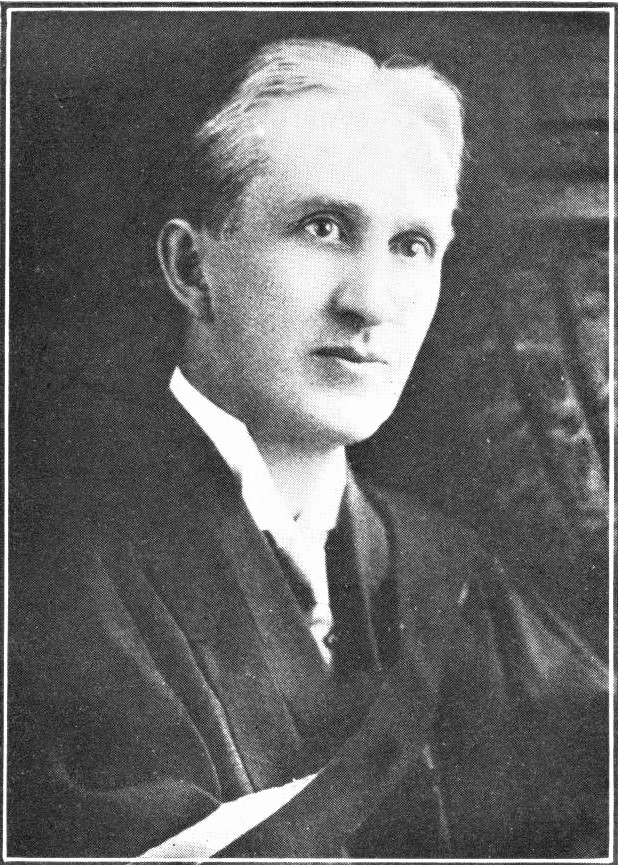

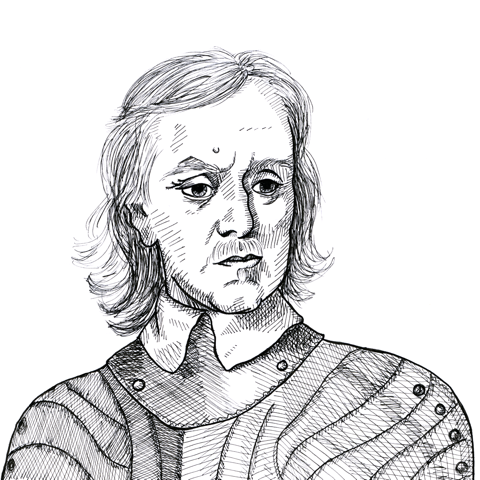

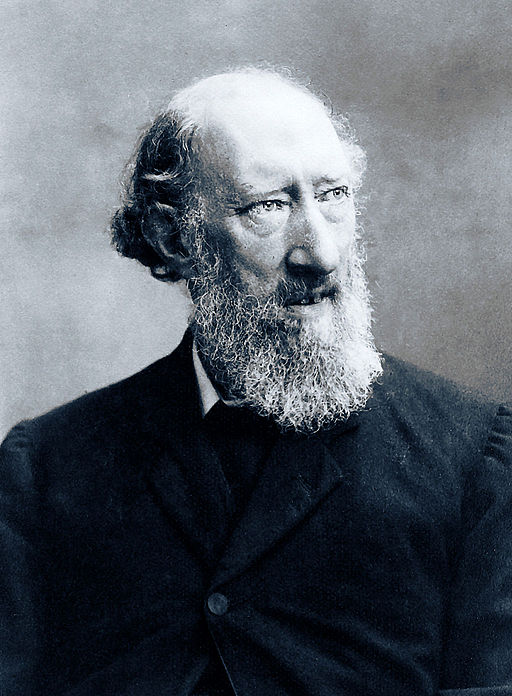
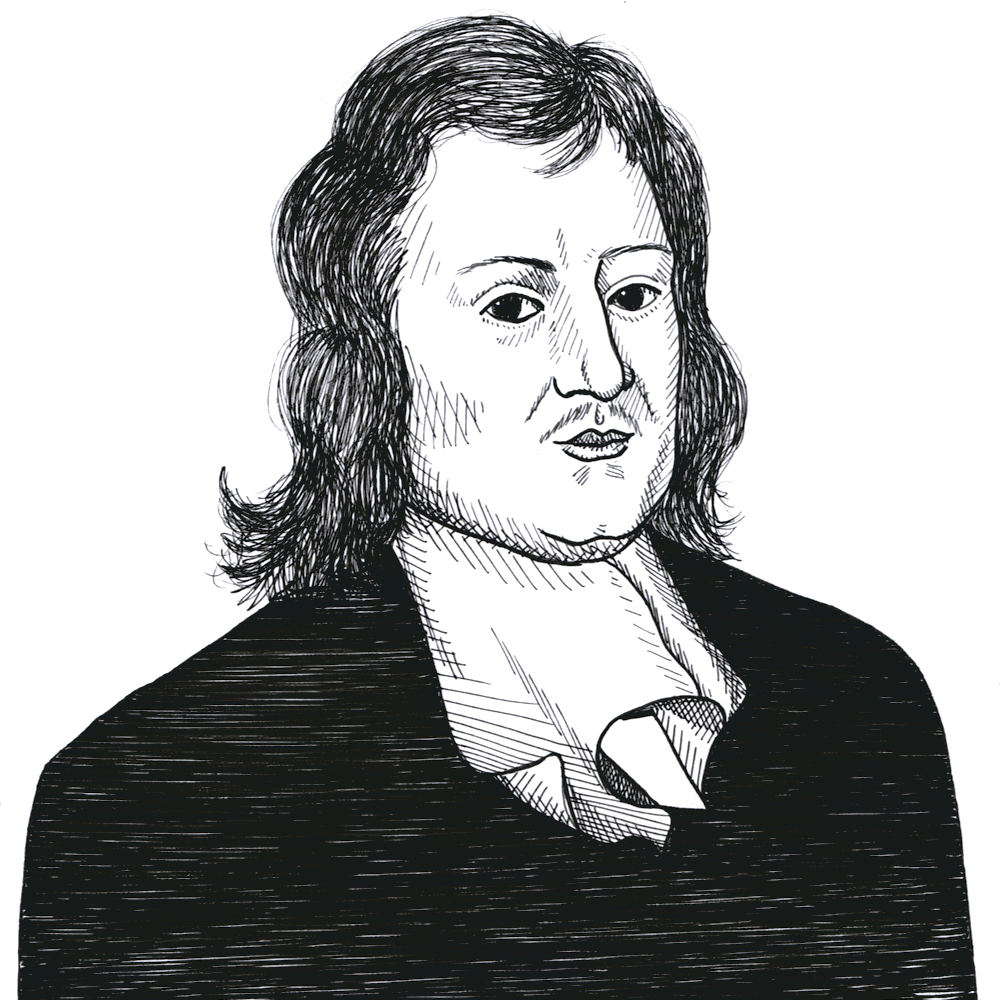
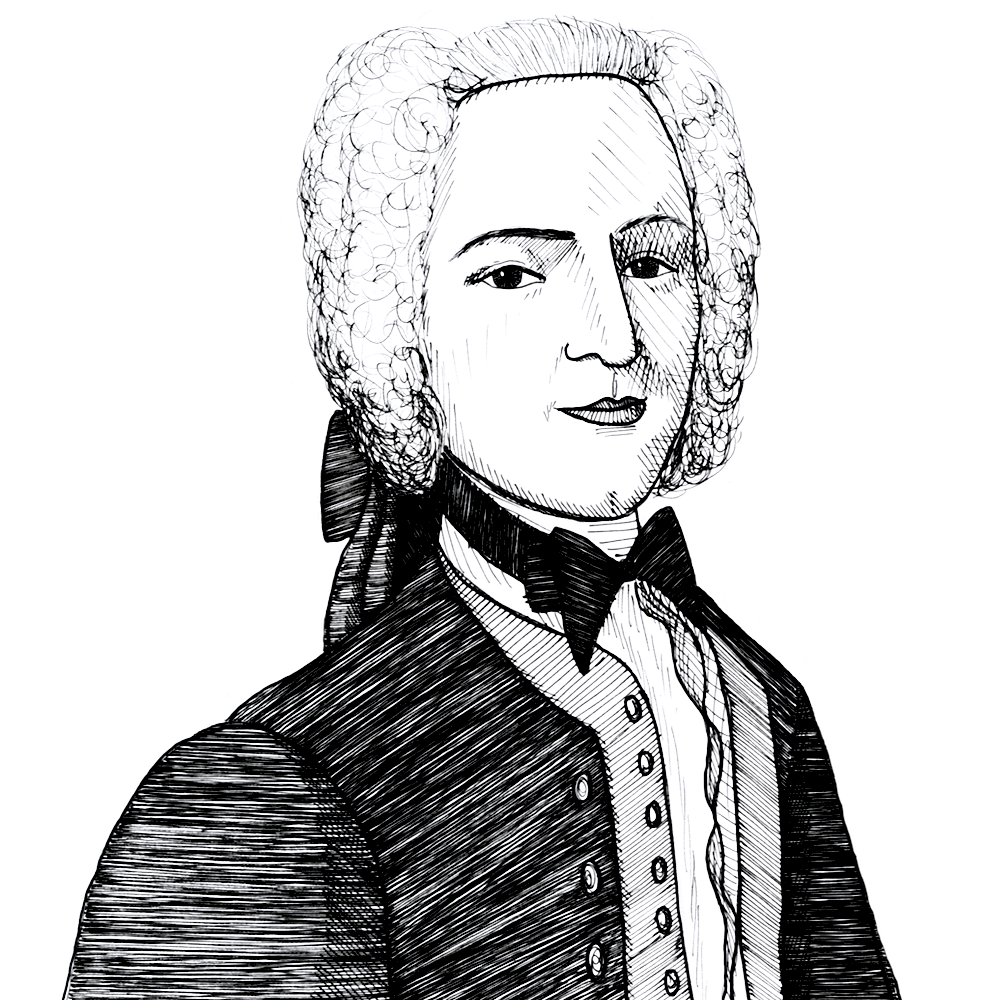
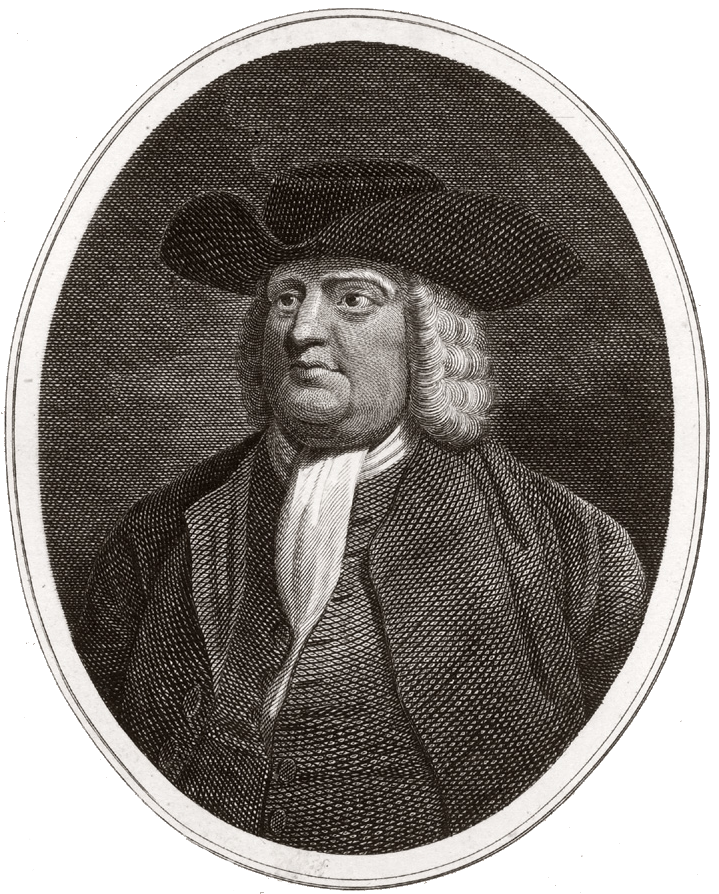
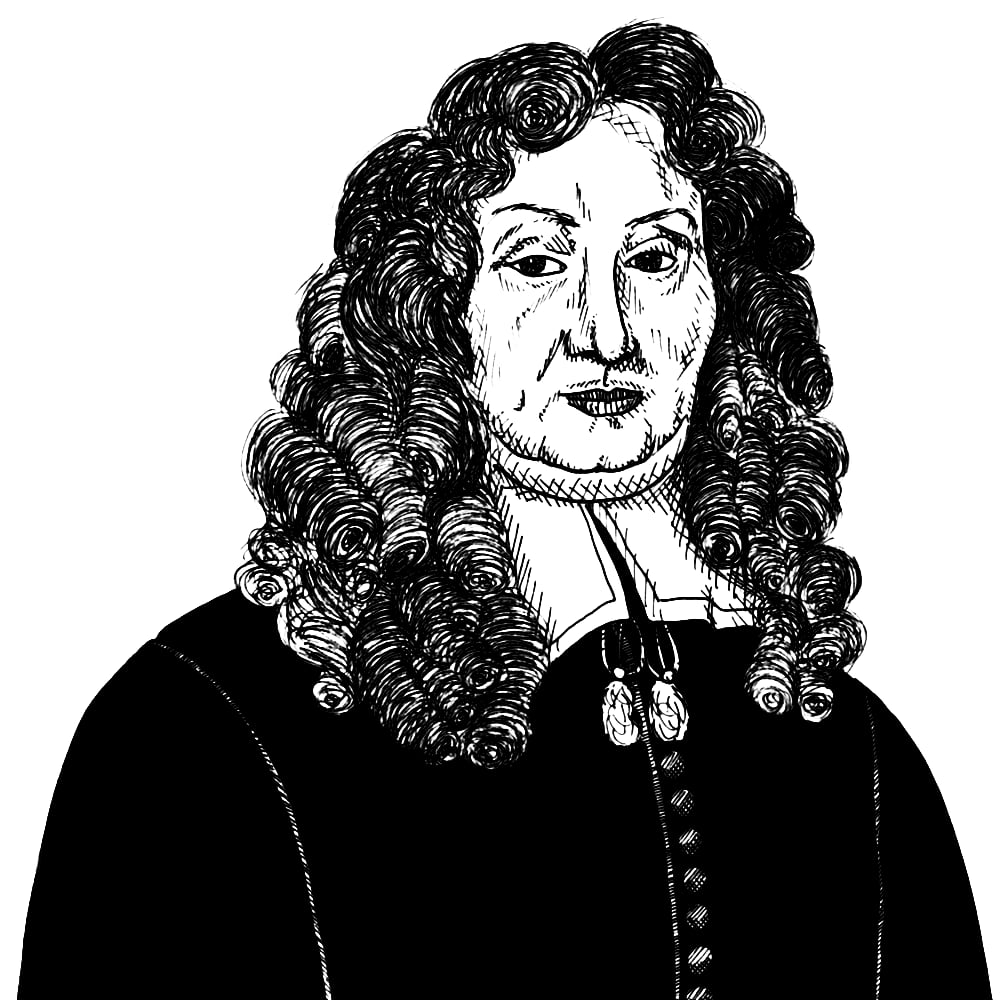
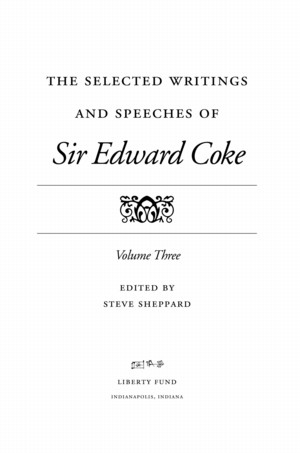
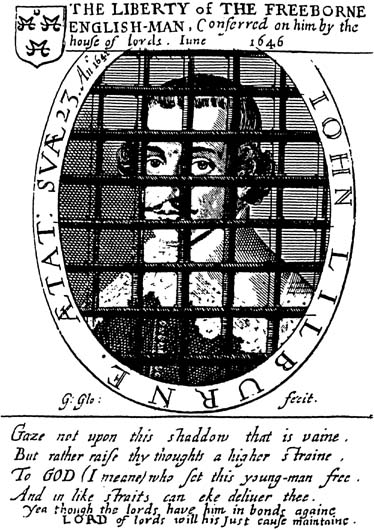
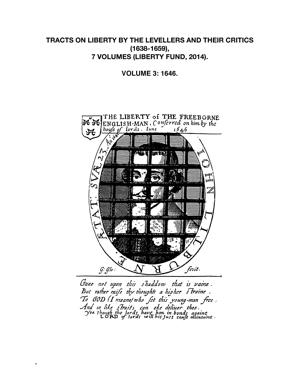
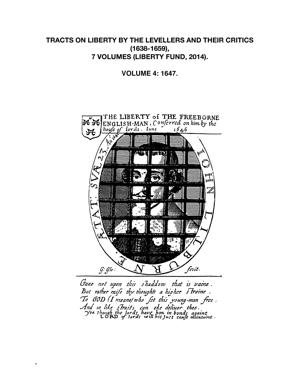
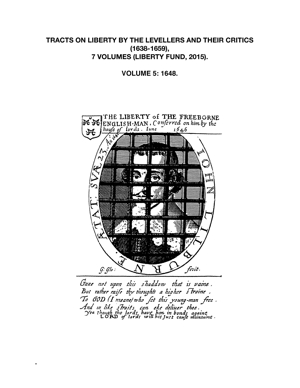
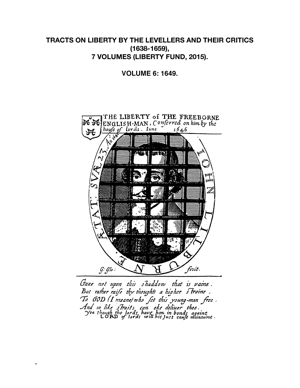
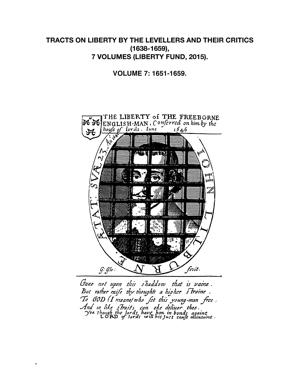
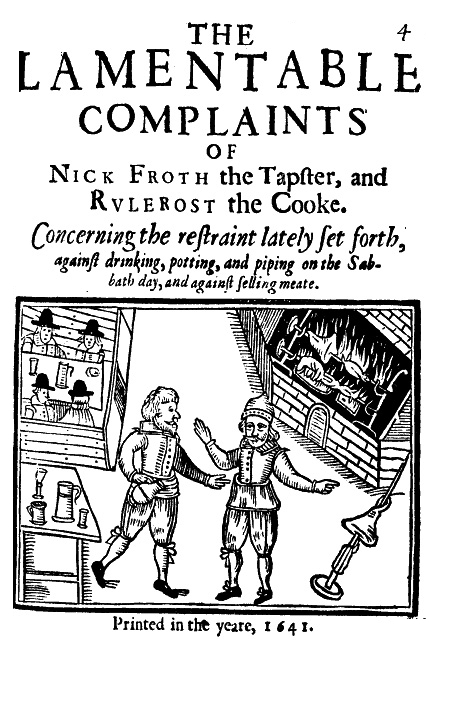
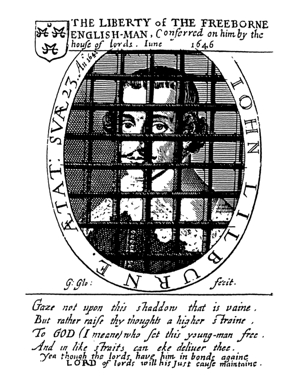
Socialism. Communism. Anarchism